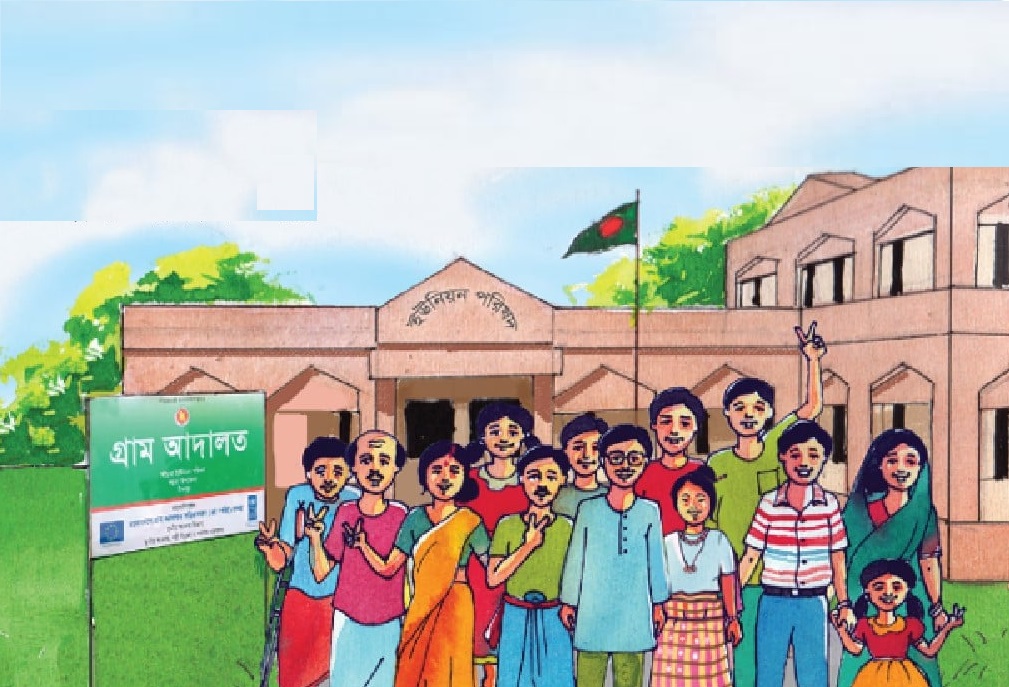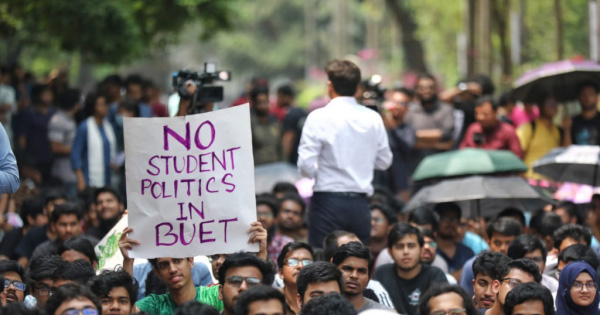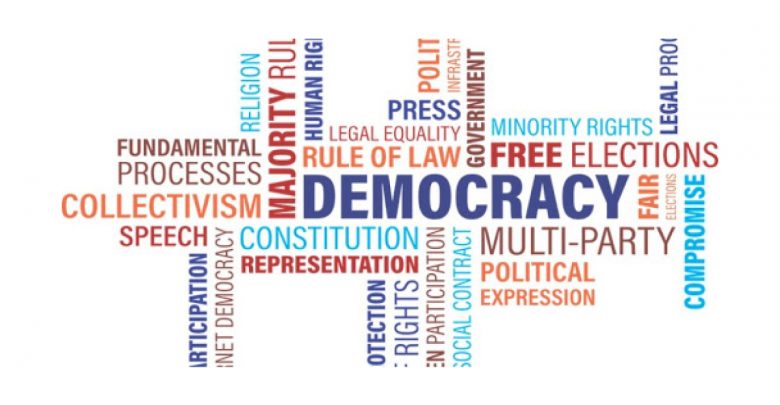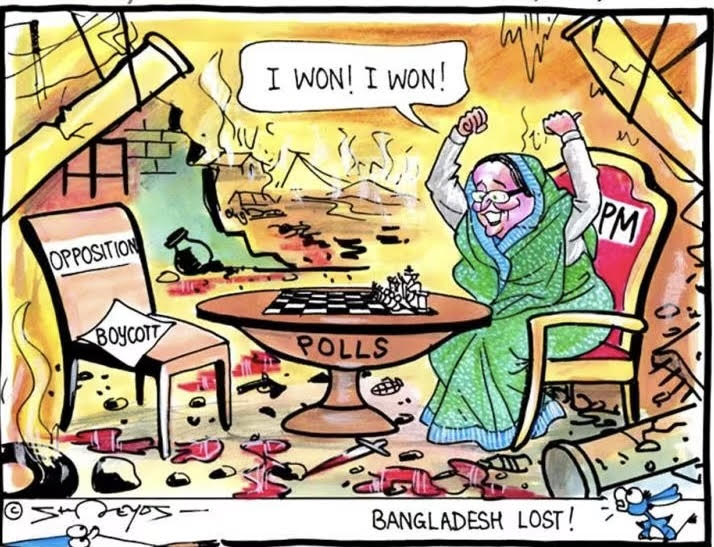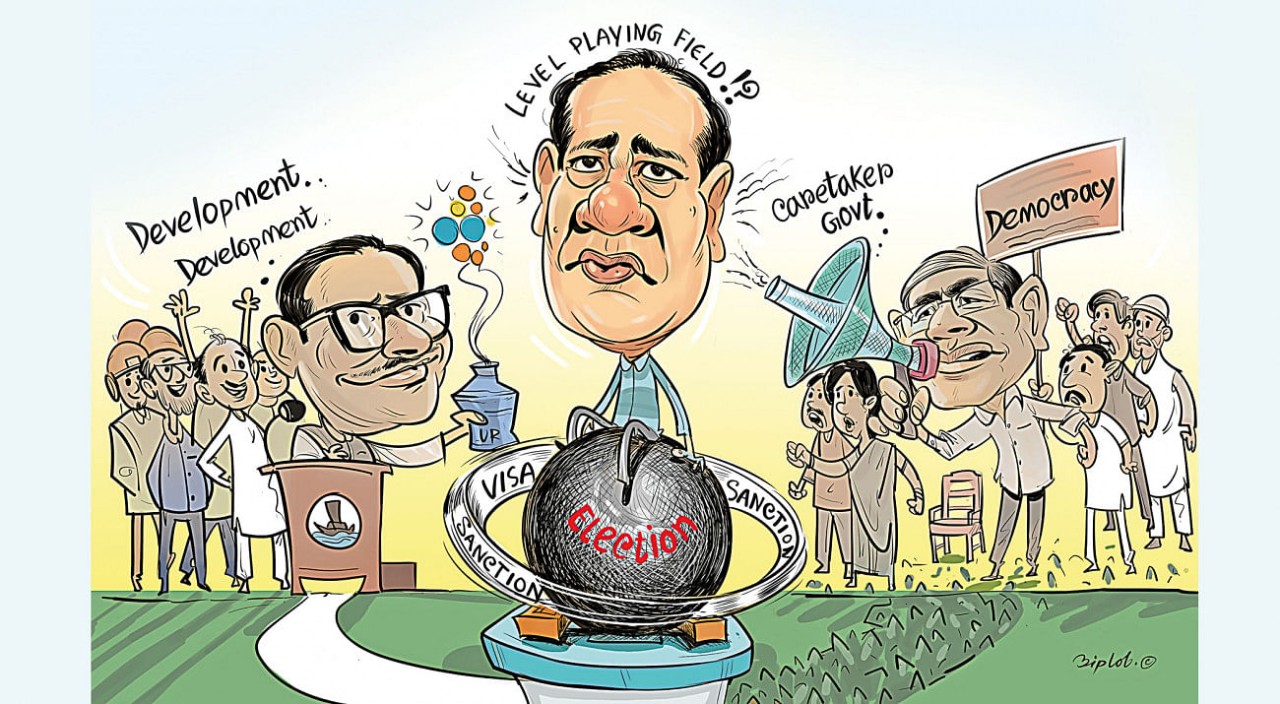In Bangladesh’s quest for power, coal has emerged as both a lifeline and a harbinger of doom. As the nation grapples with soaring energy demands, the government’s reliance on coal-fired electricity generation has skyrocketed, raising eyebrows and environmental alarms alike. This tale of coal’s ascent and its implications for Bangladesh’s future unfolds against a backdrop of economic growth, political maneuvering, and environmental degradation. Picture this: Bangladesh, a bustling hub of industry and commerce, teeming with life and energy. Yet, beneath the surface lies a stark reality—a nation wrestling with the complexities of modernization and development.
Enter coal, the black gold that promises to fuel Bangladesh’s ascent to prosperity. With its abundance and affordability, coal seems like the answer to the nation’s energy woes, offering a reliable source of power to drive economic growth and lift millions out of poverty. But all that glitters is not gold, and Bangladesh’s flirtation with coal comes at a cost. As coal-fired power plants proliferate across the landscape, concerns mount over their environmental impact. The burning of coal releases a cocktail of pollutants into the air, fouling the skies and endangering public health. Sulfur dioxide, nitrogen oxides, and particulate matter cloud the air, contributing to respiratory ailments and premature deaths. The environmental toll is equally devastating, with coal mining and combustion wreaking havoc on ecosystems and biodiversity. At the heart of this debate lies the government’s energy policy—or lack thereof. An review of daily operational statistics by the Power Grid Company of Bangladesh (PGCB) revealed that the amount of power generated from coal increased to a record 21 billion kilowatt-hours (kWh) in 2023, from 7.9 billion kWh in 2022. Despite mounting evidence of coal’s detrimental effects, Bangladesh presses ahead with its coal-centric agenda, prioritizing short-term gains over long-term sustainability. Critics accuse the government of turning a blind eye to the environmental and social costs of coal, opting instead for a quick fix to meet growing energy demands.
With each new coal-fired power plant, Bangladesh edges closer to an environmental precipice, risking irreparable harm to its natural heritage and future generations. But the story doesn’t end there. Behind the smokescreen of economic progress lies a tale of social inequality and environmental injustice. In Bangladesh’s coal heartlands, marginalized communities bear the brunt of coal’s toxic legacy, enduring pollution, displacement, and economic hardship. The promise of jobs and prosperity rings hollow for those left behind, as coal exacts a heavy toll on their health, livelihoods, and way of life. Meanwhile, the benefits of coal accrue to a select few, widening the gap between rich and poor and perpetuating social inequality. As Bangladesh grapples with the fallout from its coal addiction, questions abound about the nation’s future trajectory. Can Bangladesh break free from the shackles of coal and embrace a cleaner, more sustainable energy future? Or will it remain beholden to the black gold that threatens to tarnish its hopes and aspirations?
In conclusion, Bangladesh stands at a crossroads, faced with a choice between short-term gains and long-term sustainability. The path it chooses will shape not only its own destiny but also the fate of future generations. As the world grapples with the climate crisis, Bangladesh must heed the lessons of its coal saga and chart a course towards a cleaner, greener future. Only then can it truly claim its place in the sun, as a beacon of progress and environmental stewardship in a rapidly changing world.


